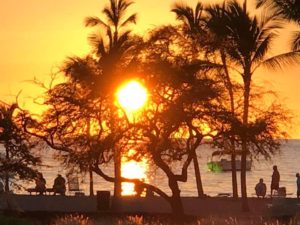Solar Power Brings Light and Water to Ugandan Hospital


Lack of electricity is a core cause of malnutrition, starvation, illiteracy and extreme poverty around the world. Moreover, lack of reliable, affordable, clean energy disproportionately harms the health, education and productivity of women and children—who make up the majority of the poor in any community. Providing electricity to poor communities can reduce the amount of time needed for cooking, collecting water, and other activities. Using solar power can further reduce environmental and health threats by replacing the noxious fumes of kerosene lanterns and cookstoves with a clean energy source.
Youth volunteers from the United States traveled to rural areas of East Africa to work with Solar Light for Africa, a faith-based nongovernmental organization, in providing power to clinics, orphanages, schools and churches. With USAID assistance, the organization electrified the Kakuuto Hospital in Uganda’s Rakai District using solar energy, which has improved the health of patients and enabled staff to treat them more effectively. Solar-generated water pumps, two miles of piping and two water storage tanks were also installed, bringing the hospital and greater community fresh water from a natural spring. Spigots were strategically placed along the route that allow nearby villages to access the water.
USAID assistance has boosted Uganda’s economic development by providing light after the sun goes down and water that is close to home. Now students can study at night, and their parents have more time to help them. The communities also have access to solar-powered televisions and satellite-connected computers and televisions, which will improve education and connectivity to the global community.
This article from USAID’s “Telling Our Story” found here: http://www.usaid.gov/stories/uganda/fp_uganda_solar.html For more info on Solar Light For Africa, visit here: http://solarlightforafrica.org









